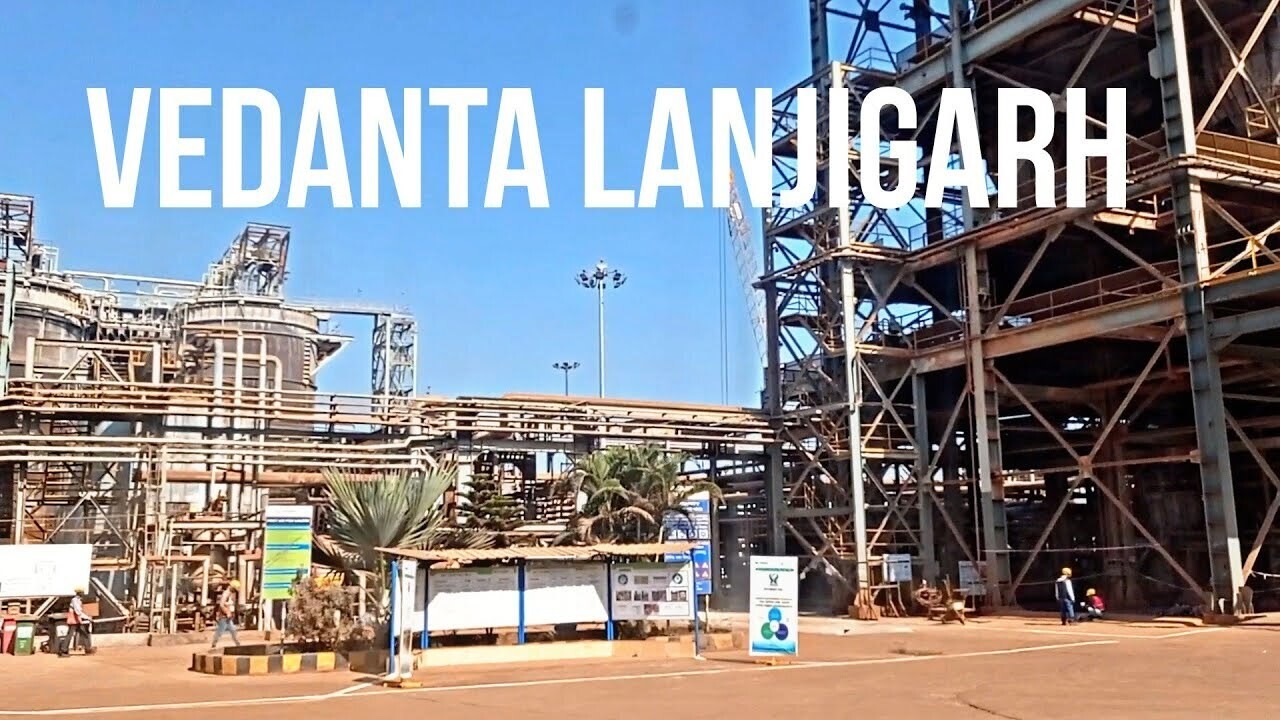您想继续阅读英文文章还
是切换到中文?
是切换到中文?

THINK ALUMINIUM THINK AL CIRCLE

In the red-dust heartland of Lanjigarh, India, where bauxite is transformed into smelter-grade alumina, Vedanta Aluminium is quietly scripting a different kind of transformation, and this time, not in the refinery, but in how industry reimagines waste. At the Lanjigarh plant, a spirited scrap art sculpture competition recently unfolded.

Image source: Youtube (Krishna Tech & Electri)
Hosted by Vedanta Lanjigarh, a critical cog in Vedanta Aluminium’s downstream value chain, a competition invited employees and business partners to team up and repurpose industrial scrap into striking works of art. Not a mere display of aesthetic flair, each sculpture, curated and created under the leadership of departmental heads, became a living testament to the plant’s ethos that sustainability isn’t a separate policy, but is a part of the work culture.
From rusted bolts to defunct equipment parts, discarded materials took on new life, transformed into visual statements peppering the plant premises. Beyond just beautifying the workplace, these installations served a deeper narrative of resource stewardship. In the words of Pranab Bhattacharya, CEO of Vedanta Alumina Business, “At Vedanta, we believe that true innovation thrives when our people are empowered to think differently. This initiative not only brought our teams together but also sparked a culture of imaginative problem-solving and sustainable thinking. We are proud to nurture a workplace where creativity is celebrated and every individual has the freedom to contribute in unique, impactful ways.”
This artistic campaign mirrored Vedanta Aluminium’s broader push toward circularity, where industrial scrap isn’t waste, but potential. At Lanjigarh, the waste-to-wealth philosophy isn’t just rhetoric; it’s being moulded into metal and meaning.
More than a contest, the initiative reflected Vedanta’s employee engagement model — cross-functional teams, led by department heads, working collaboratively toward a shared purpose. The result was not just striking sculptures, but stronger workplace cohesion.
In an industry often criticised for its environmental footprint, this act of turning scrap into sculpture becomes a quiet rebellion against linear practices, underscoring Vedanta’s intent to lead with responsibility. The company has already made strides in green energy, water efficiency, and digital compliance. The sustainability-promoting initiative shows that sustainability also lives in the culture, not just in strategy decks.
In Lanjigarh, even discarded scrap gets a second life. That may be the clearest sign yet of an aluminium major preparing for a circular future.
Responses








